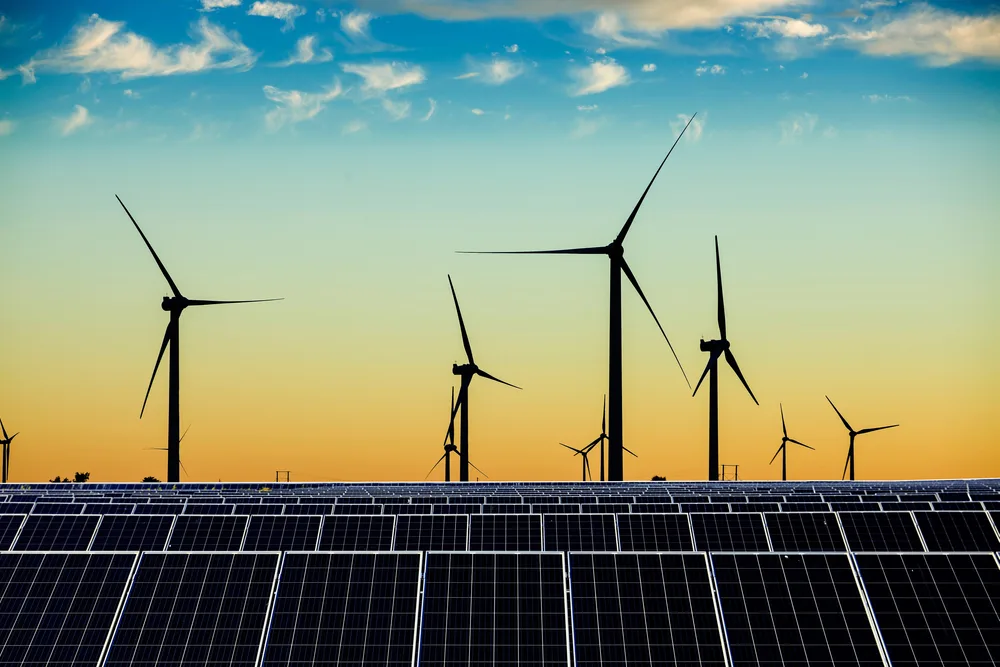Understand how Alternative Energy Works and Why It is so Important!
Learn to become less reliant on the electricity and gas companies and save money through alternative energy sources. Alternative Energy covers the basics of electricity, how to generate electricity from renewable resources, how to store energy, non-electrical systems, energy consumption and conservation.
With the International Government initiatives regarding the pricing of carbon pollution emissions set to affect everyone, it is obvious that resources will be directed toward the research and development of all possible alternatives. Study this course for an introduction to this science of the future.
Alternative Energy Course Aims
- Describe the nature and scope of alternative energy.
- Describe the nature and application of electricity.
- Compare different methods of generating electricity
- Compare different techniques for storage and use of electricity.
- Describe the application and operation of different non electric energy systems
- Identify ways to better manage energy consumption.
- Describe energy conservation techniques.
- Discuss how to convert a building’s energy supply to an alternative system.
There are 8 lessons in this course
- Introduction: The Problems and the Energy Sources.
- Scope and Nature
- Terminology
- Energy consumption through history
- Climate Change
- Energy units
- Problems with Fossil Fuels
- Problems with other energy sources: hydro electricity, nuclear, wind, solar
- Understanding Energy
- Terminology
- Understanding electricity
- Conductors and non conductors
- Measuring electricity: current, voltage, resistance
- Ohm’s Law
- Circuits: Series; parallel
- Kirchhoff’s law
- Power
- Power ratings
- Magnetism
- Electromagnetism and Solenoids
- Electric motors
- Inductors
- Lenz’s law
- Generating Electricity
- Turbines
- Generators
- Fuel cells
- Wind Power
- Large Scale Wind System Design
- Small Scale Wind System Design
- Solar Energy
- Positioning a solar cell
- Small Scale Solar
- Future Developments in Solar
- Geothermal Energy
- Dry Steam Power Plants
- Flash Steam Power Plants
- Binary Cycle Power Plants
- Advantages of Geothermal
- How Geothermal is used
- Geothermal heat pumps
- Hydropower
- Tide and Current Power
- Tide Barrage
- Tidal Turbines
- Wave Power
- Nuclear Energy
- Fission Reactors
- Fusion
- Half Lives and Radioactivity
- Waste to Energy
- Storage and Using Electricity
- Terminology
- Cells – simple cell, car battery, gel, AGM, Nickel etc
- Deep Cycle Battery
- Lithium Rechargeable Batteries
- Calculating Battery Requirements
- Inverters
- Alternators and Regulators
- Converters
- System Types
- EMR & electricity use
- Recommended Exposure Limits
- Safety with Electricity
- Non-Electric Systems
- Scope and nature
- Passive Solar
- Fire Wood
- Drying and storing wood
- Comparing different wood types
- Smoke fires
- Creosote formation in fire flues
- Environmental aspects of burning wood
- Biofuels
- Ethanol
- Small scale Biomass
- Passive Solar Energy
- Solar hot water … flat plate collectors, evacuated tubes, open or closed circuit, passive or active systems, heat pumps
- Greenhouses
- Night insulation
- Solar Garden Water Features
- Energy Consumption
- Reducing energy consumption
- Pricing
- Population growth
- Large scale reduction of energy consumption – managing green cities, urban sprawl, peak demands, transport, etc.
- Energy Conservation
- How a home owner can reduce energy consumption
- Temperature control
- Minimising light energy consumption
- Minimising appliance energy consumption
- Insulation
- Water conservation
- Solar house design
- Converting to Alternative Systems
- Estimating Energy Needs
- Building Efficiency
- System Design
- System Designers

